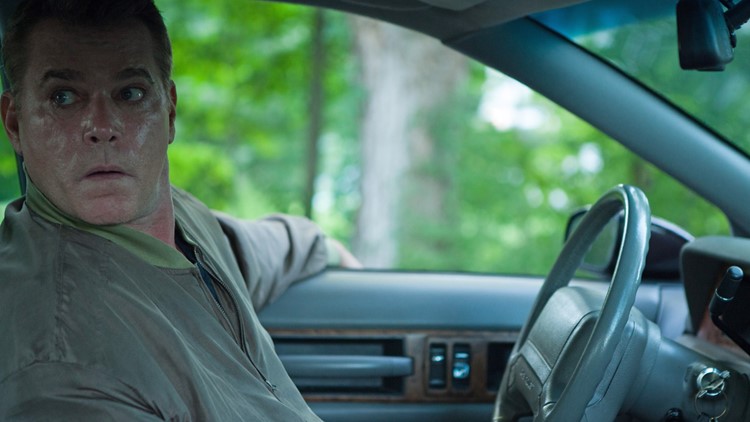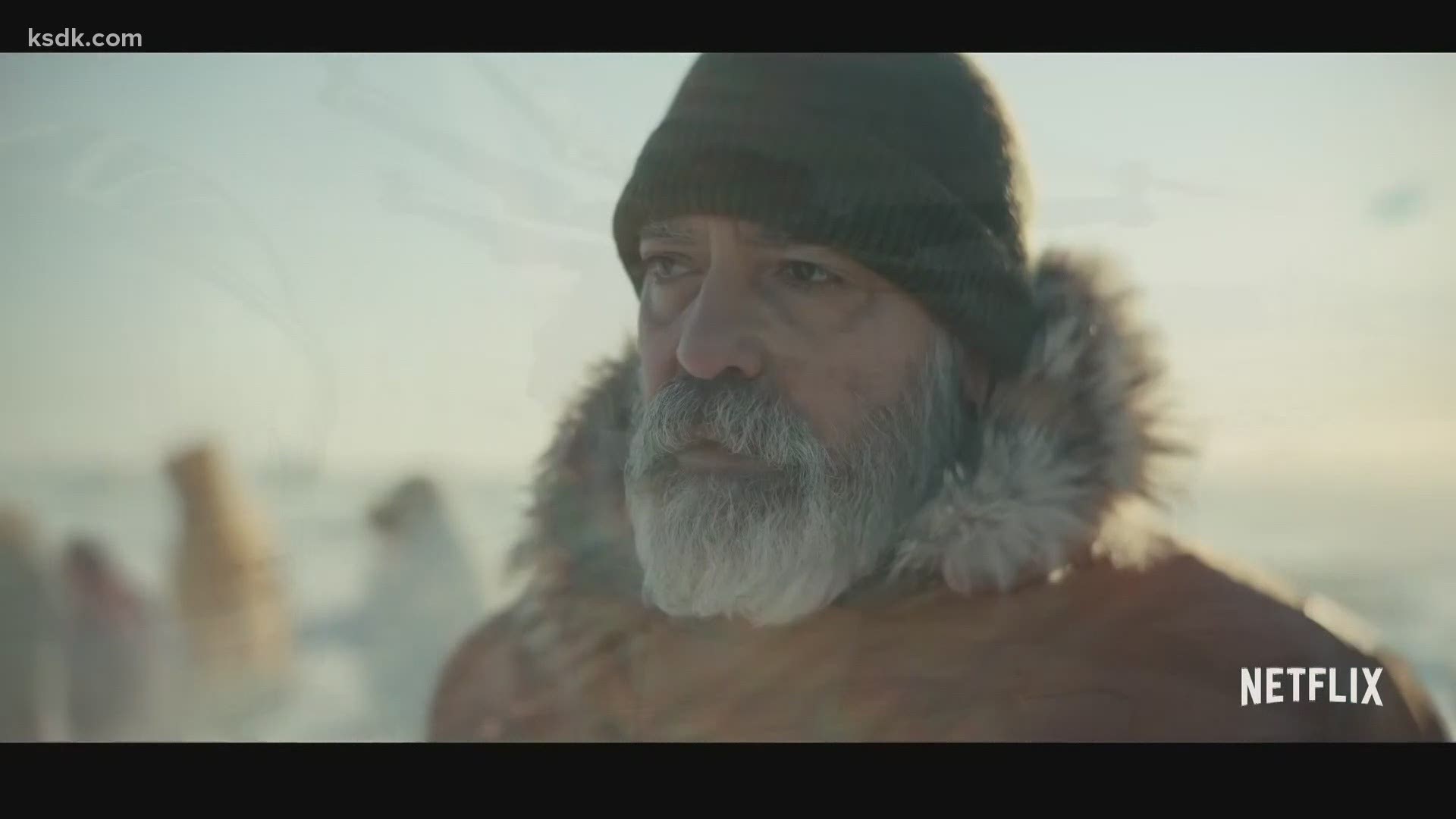ST. LOUIS — Ray Liotta's eyes always had a lot going on. One wouldn't necessarily call it a party, but a meeting of alternative mood swings. Staring inside them for too long, no one had a read on whether they carried good or bad intentions. Liotta's eyes were the basis of his intensity, something he weaponized on screen for over 40 years up until his untimely death last week--passing away in his sleep on location while shooting a movie. He died doing what he loved to do: making movies and not taking a lot of time off from work.
From his debut in 1980 in the made-for-television movie, "Hardhat and Legs," Liotta would log a credit in 126 different movies or TV shows. Prolific in both quantity and quality of performance-he never seemed to take a role off or give a half-baked performance-Liotta played all kinds of characters throughout his career. He was so good as Shoeless Joe Jackson "Field of Dreams," most viewers didn't mind that he wasn't hitting the way Joe once did. (Ray was an immovable righty.) He was the navigator in Martin Scorsese's "Goodfellas," holding the same skin in the game as established screen legends Robert De Niro and Joe Pesci.
Whereas Liotta's charm led the way in the gangster picture, his intensity turned black and blue for Joe Carnahan's "Narc." Playing the complex yet compassionate Henry Oak, a detective investigating the mysterious death of his old partner with a new and similarly conflicted badge (Jason Patric), Liotta never allowed you to fully understand Oak's intentions or get a clear gauge on his morality.
The audience knew Oak had lost his wife earlier in his career, but what drove him to a tenacious anger remains unknown. He looked after the dead partner's widow like he would his own daughter, but the lengths at which Oak would bend the law would make one uncomfortable. Liotta made him vicious yet vulnerable, something that was punctuated by the heartbreaking third act.
Few could mix righteous and madness on screen in a better form, and then flip the script and play a good soul. While Johnny Depp rightfully gained lots of praise for his performance as famed drug trafficker George Jung, Liotta nearly stole the film as his straight-laced father. Who can't tear up during that final scene where Liotta's elderly patriarch gets to hear his son's voice for the final time on that tape recorder in the garage? Liotta made it hit especially hard by his restraint. As the viewer comes apart listening to a guy who put drugs in the hands of millions across the world, Liotta's noble dad was the ingredient that helped make the whole sequence honest.
His duality wasn't on bigger display than in two different cop roles: Gary Figgis in "Copland" and Deluca in "The Place Beyond The Pines." One was the rare good cop in a very dirty department, and the latter was the head of the dirty, law-breaking officers. It'd be hard to forget his scene out in the woods with a petrified Bradley Cooper, the young cop on the "team" who didn't want to take drug cash. This is where Liotta's classic blue eyes gain an extra degree of chill and menace. He's leaning on Cooper's car window, poking his head metaphorically inside the young man's chest to take the temperature of his heart. Liotta could instill a fear in the movie within seconds, maybe a scene or two after you trusted him.
The best performers can take on all kinds of shades, but there's always a calling card located inside their methods or screen persona. A well-known yet intoxicating element that gets their newfound character across to the viewer. 'Here I am. Are you ready for what I got to offer?' Each role, Liotta made you feel that -- with that classic intensity.
Few actors outside of Paul Newman could strike such a force with their eyes in a scene; the ferocity couldn't be denied. It wasn't forced, manipulated outside of a script, or given off as something less than lived in. The intensity was real.
The cause of death for Ray Liotta may still be unknown -- he passed in his sleep on location shooting "Dangerous Waters"-- but the cause for his career taking off is easier to grasp. He could play anyone, never stopped working throughout his 42 years on screen, and always brought a unique potency to each role. It wasn't always made for nice intentions, but it got your attention.



